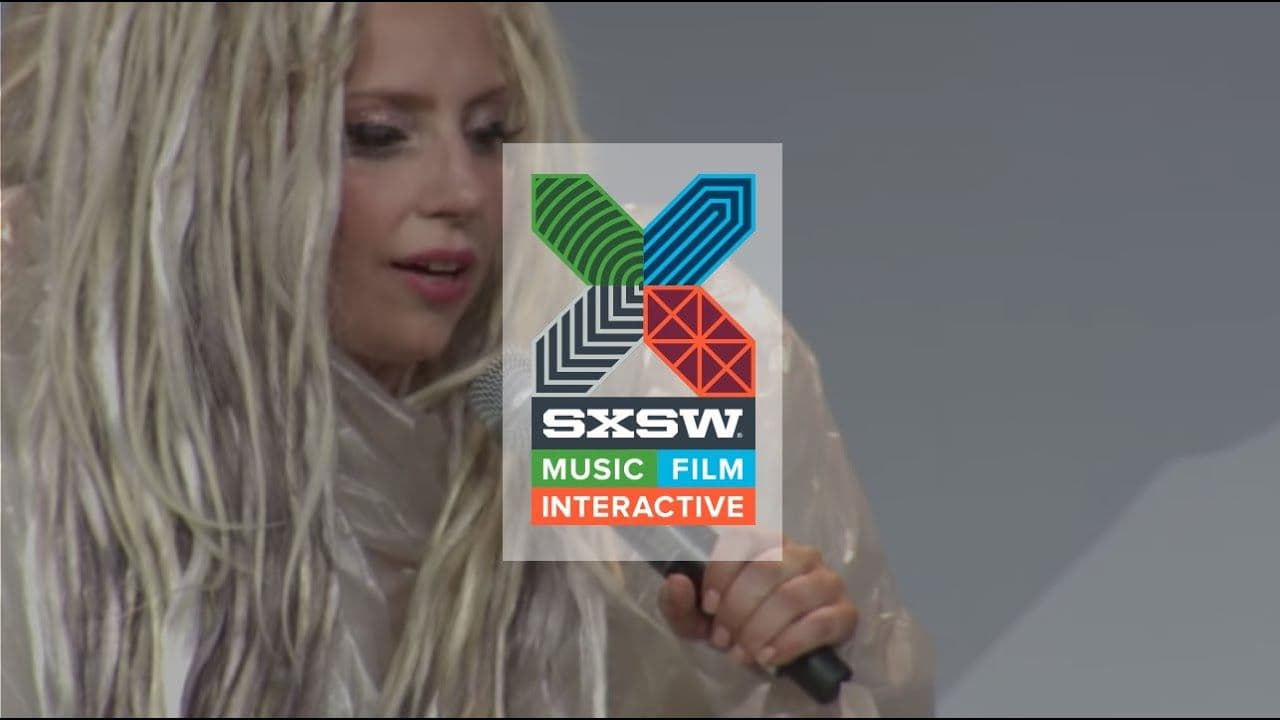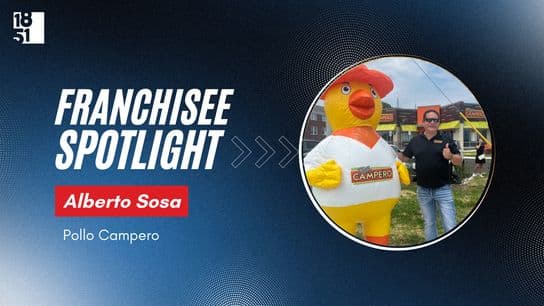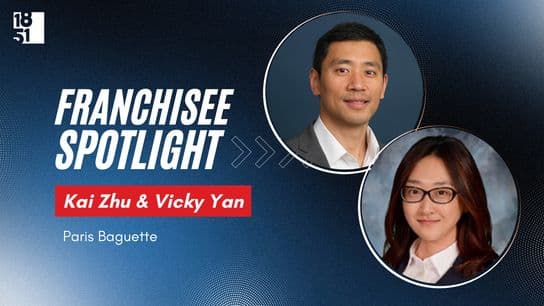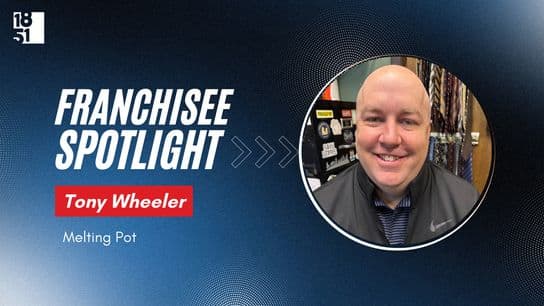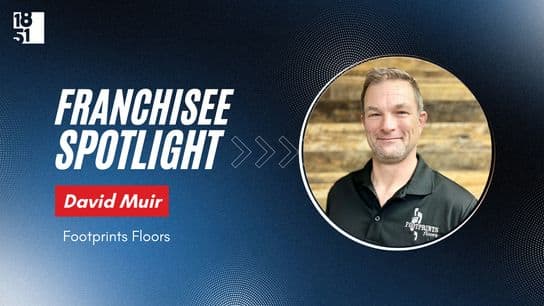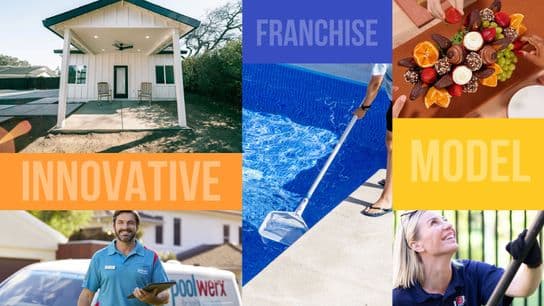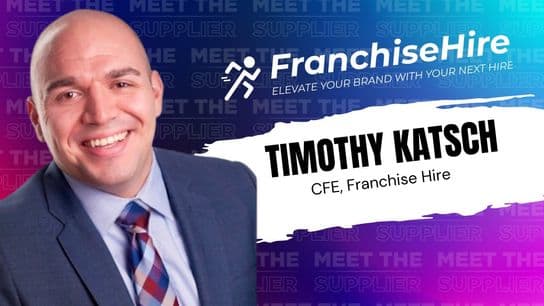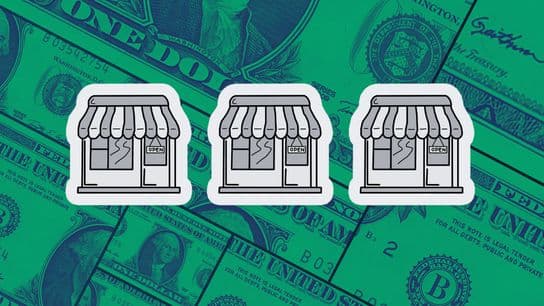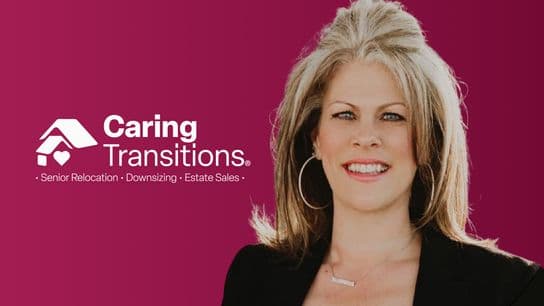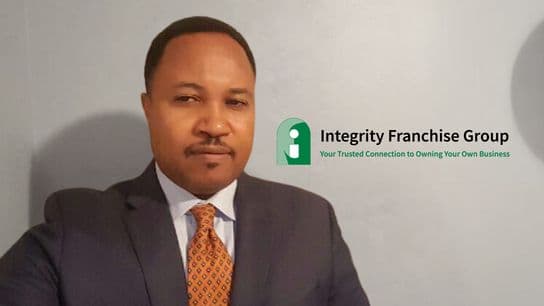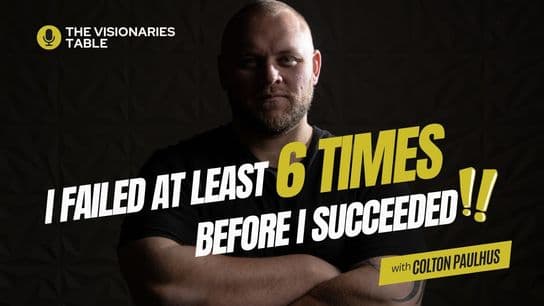Pay to Play: Franchises – Don’t Make the McDonald’s Mistake
Tight pockets have found Mickey D's facing a barrage of criticism.
Allow me to start by saying I don’t hate McDonald’s. Being one of the biggest players in the franchise game means Mickey D's is also one of the largest targets, and plenty of people are more than happy to criticize the brand.
With that said, Ronald McDonald has me hooked. I don’t know what concentrated form of addictive childhood nostalgia they pump into their fries, but I find myself making trips to the Golden Arches on a fairly regular basis (typically late at night, after the bars close – coincidence?).
Still, my unyielding loyalty to the biggest of Macs doesn’t mean I don’t recognize a PR disaster when it rears its ugly head. Which brings me to McDonald’s’ recent involvement with South by Southwest (SXSW).
If you’re unfamiliar, SXSW is an annual media festival that takes place in Austin, Texas. In theory, it’s supposed to be a launching ground for new music, film and technology - a sort of hipster Mecca for bands, filmmakers and other creators who find themselves on the outside looking in. Of course, the event has gotten much larger (and much more corporate) over the years, with billion-dollar brands like McDonald’s getting in on the action.
It makes sense, I suppose; brands want to attract the young and hip. And while I think a case can be made that invading their stomping grounds - essentially injecting large, corporate advertising campaigns into an arena that is supposed to be dedicated to artists on the cutting edge – may actually do more harm than good, I can see the reasoning behind McDonald’s’ involvement.
However, when you’re a brand of McDonald’s’ size and scope, it’s important not to cut corners – a lesson the company is learning all too well right now.
The brouhaha began when Brian Harding of band Ex Cops posted an open letter on Facebook regarding an invitation to play the McDonald’s Showcase at SXSW. It reads, in part:
“Their selling point was that this was ‘a great opportunity for additional exposure,’ and that ‘McDonald’s will have their global digital team on site to meet with the bands, help with cross promotion, etc’
I don’t, and doubt that they know what this means either.
Getting past that rhetoric, at the very least a big corporation like McDonald’s can at least pay their talent a little. Right?
‘There isn’t a budget for an artist fee (unfortunately)’
As of 2013, McDonalds is valued at 90.3 billion dollars.”
The brand’s net worth is actually closer to $97 billion, according to Forbes. Gulp.
Cue Web-savvy young people, the very audience McDonald’s is hoping to appeal to via its involvement with SXSW, railing against the brand for not paying artists. Cue these same individuals drawing parallels between the company’s failure to pay bands and stories regarding low pay for McDonald’s employees. In short, cue a PR beat down.
Responding to a story about the kerfuffle on Gawker, McDonald’s had this to say:
“We follow the same standard protocol as other Brands and sponsors by inviting talented and emerging musicians to join us at the SXSW Festival. We look forward to serving McDonald's food, drinks and fun in Austin. #slownewsday”
Wow, McDonald’s; a smarmy hashtag isn’t suddenly going to make you look like the good guy. The brand, a gargantuan force with a global reach, basically made itself look like the cartoonish corporate villain many people already believe it to be. Asking an indie band to sell out without actually paying it is a pretty bold move, after all.
The biggest takeaway for other companies is this: Once your brand is big enough to be recognized by people on both coasts, you will no longer be viewed as a standard business. You will become a monolith in the minds of most people. And monolithic businesses are inherently viewed with distrust. This makes it vital for franchise chains to do everything they can to control their image, especially among a world of Internet commenters who are all too ready to pounce on the first sign of malfeasance.
McDonald’s wanted to have its cake and eat it, too, and they wanted to do so without paying the price.
Don’t be like McDonald’s. Pay to play. If you can afford to create a showcase at a renowned festival where your target demographic’s opinions are only a tweet away, you can afford to pay bands to play it.
MORE STORIES LIKE THIS
Pollo Campero Multi-Unit Franchisee Bringing Central American Flavor to Smyrna, Tennessee
From Friendship to Franchise: How Two Couples’ Kinship Will Bring Paris Baguette to Newton Square
From Waiting Tables to Owning a Franchise: How This Entrepreneur Climbed the Ranks at Melting Pot
Footprints Floors Franchise Provides Hope for a Veteran to Support His Son with Down Syndrome Upon Retirement and Beyond
